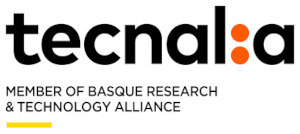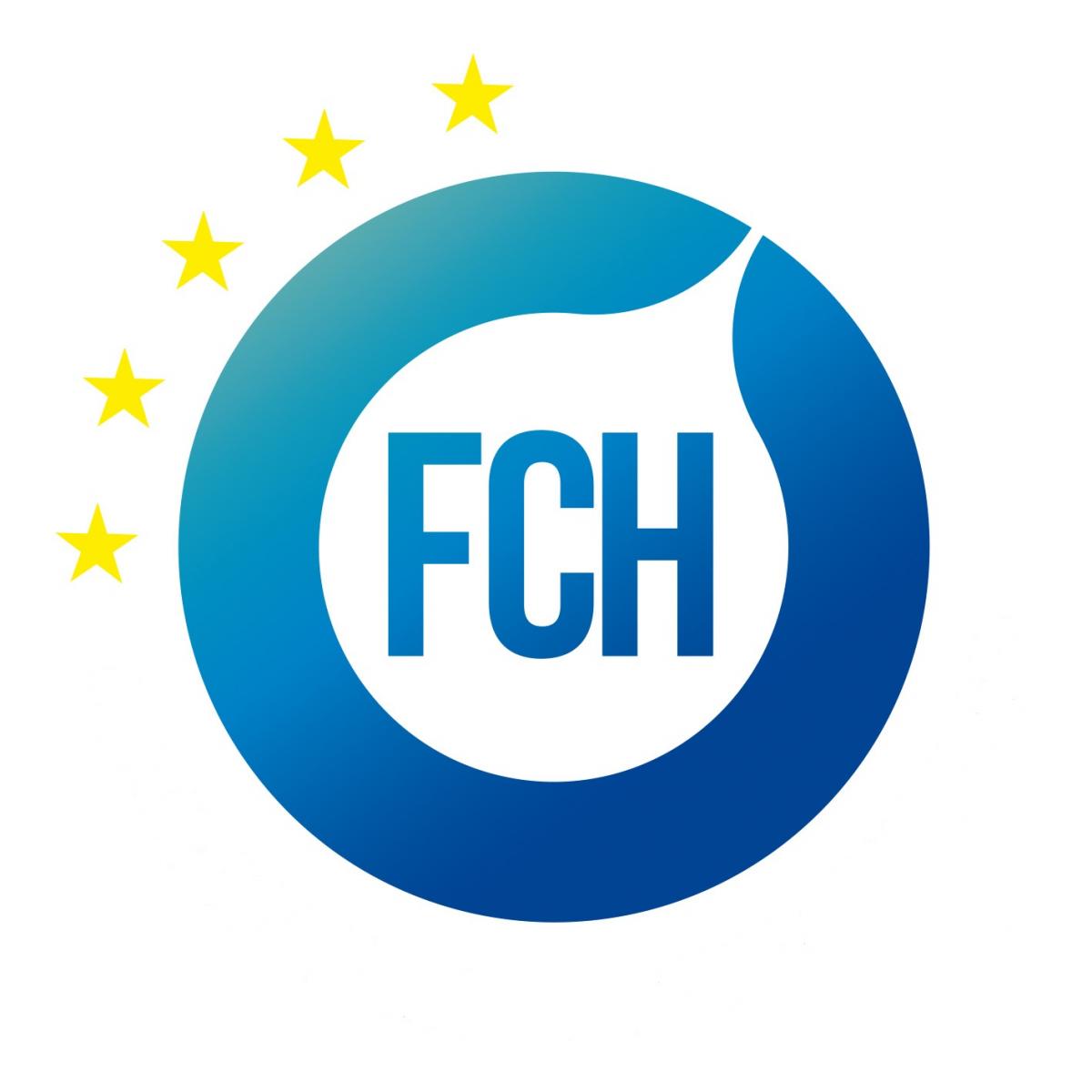FUNDACION TECNALIA RESEARCH AND INNOVATION

(TECNALIA) Fundación TECNALIA Research and Innovation (www.tecnalia.com) is the largest private non-profit applied research centre in Spain and the fifth in Europe, employing 1,378 people (164 PhDs) and with income of 102 Million € in 2013. The whole team at TECNALIA has one GOAL: to transform knowledge into GDP, meaning wealth to improve people’s quality of life by generating business opportunities for industry. TECNALIA is committed to generate major impacts in economic terms, by means of innovation and technological development, addressed by 6 business divisions, covering economic sectors of Industry and Transport, Information and Communication Technologies, Building, Energy and Environment, Innovation Systems and Health and Quality of Life. Furthermore TECNALIA created TECNALIA VENTURES in 2012 an independent TTO (Technology Transfer office) designed for exploitation and transfer of research results. TECNALIA has created 30 spin-off companies of different levels of maturity and development (until the end of 2013) and has managed for a group of sponsors a Venture-Capital fund. TECNALIA has been granted over 250 patents and promoted more than 30 spin-off companies.
TECNALIA is a key agent in the ERA - European Research Area, holding position 12th among RECs and 26th overall in EC’s 6th FP7 Monitoring Report 2012. He has participated in 377 FP7 projects, coordinating 81 of them. In H2020 TECNALIA participates in around 53 projects coordinating 6 of them.
The Materials for Energy and Environment Dept. at the Energy and Environment Division is constituted by 38 scientists and technicians (including 12 PhD and 10 PhD students). During the last years the M4E Dept. has been involved in the development of materials and membranes for gas separation applications such as pre- and post- combustion carbon dioxide capture, natural gas purification, air separation and olefin/paraffin separation. The group has applied its background in materials, surface engineering and industrial processes to the development of gas separation membranes and the design and development of membrane modules and membrane reactors. The membrane group works with polymeric, inorganic (metallic and carbon) membranes (i.e. Pd-based thin film membranes by electroless plating and/or PVD, pore fill Pd membranes, Carbon Molecular Sieve membranes) and mixed matrix membranes. The group has designed and developed its own equipment for the fabrication of hollow fibres and he has experienced on polymeric asymmetric hollow fibre spinning for gas separation applications.






